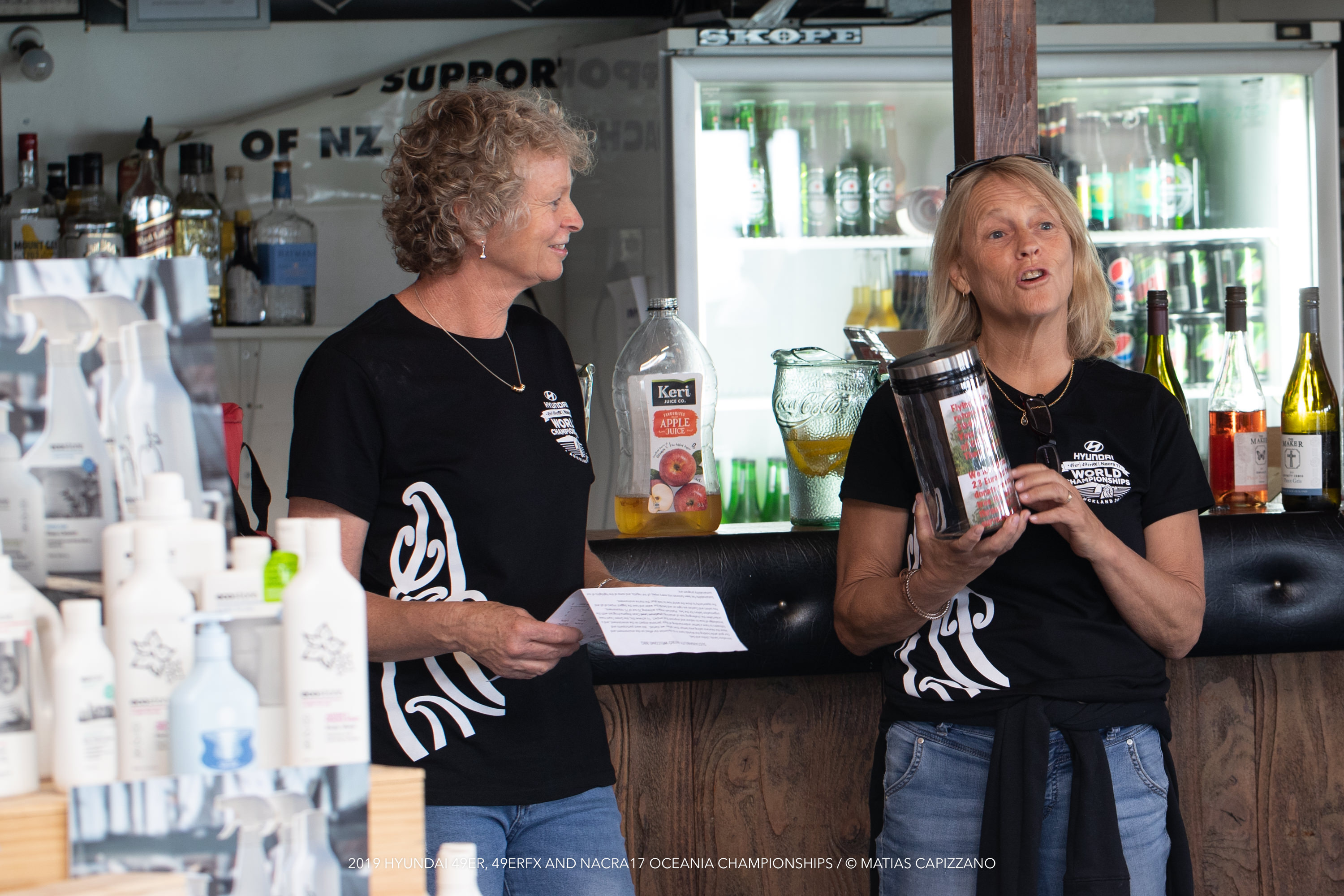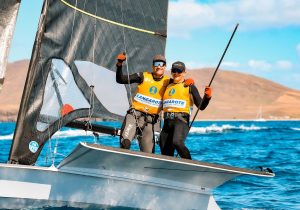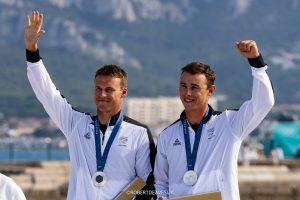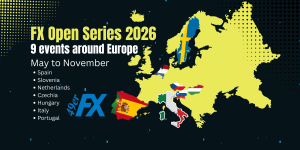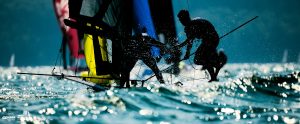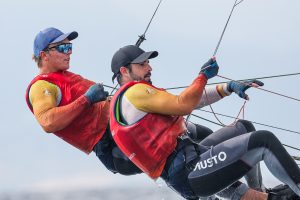Story by Yachting New Zealand
Sandy Dawson and Ulrika Silfverberg never thought they would find rubbish so fascinating, and rewarding.
The pair can often be found sorting through the bins at the Royal Akarana Yacht Club, making sure rubbish has been disposed of correctly, and they’re mostly encouraged about what they find.
Dawson and Silfverberg, along with Debbie Meech, are the mainstays of the green team attached to the Hyundai 49er, 49erFX and Nacra 17 World Championships. It’s a role they take very seriously and, like the sailors, have targets around what they want to achieve this week.
The world championships is one of only five regattas this year likely to achieve platinum status, the highest possible achievement against a set of criteria created by Sailors for the Sea.
“The regatta organisers decided right at the beginning that they wanted to have a clean regatta and aim for a platinum status,” Dawson explains. “There are not many regattas who have done that level and it’s hard to achieve. We need to meet 70 out of 75 requirements and we are on track. There are a couple of tricky ones but there are other things we are doing over and above.
“We say we are a clean and green country and you have to put your actions where your mouth is and prove it.”
There have been many aspects to the environmental push, from the ghost fishing weekend when rubbish on the seabed in Okahu Bay was picked up by divers to a beach cleanup, compostable cutlery, absence of single use plastics and blue fish embedded beside drains in the boat park to remind sailors about runoff.
“It was daunting at the beginning and you thought, ‘gosh, how am I going to do all of that?’ Silfverberg says. “But you break it down to each item and you realise you can achieve all of that.
“Nothing has been really hard. It’s actually been quite fun.”
It has helped that the Royal Akarana Yacht Club were totally on board with the idea and considered sustainability when undergoing their club rebuild. They looked to use sustainable materials and any contractors employed by the club need to meet certain standards.
The green team’s message also seems to be sinking in with sailors and coaches, although some are more engaged than others.
“We look in the rubbish bins and they still need to learn to sort the rubbish out and not be lazy about it,” Silfverberg says. “Others go up to the closest bin and throw it in. At least it’s not going on the ground.”
Dawson added: “There’s definitely different levels of take-up. If each sailor can leave with a little more knowledge and improve a little more in their processes, that’s a good thing.”
The green team also hope to create a toolkit for yacht clubs around the country to utlilise. They realise very few could achieve platinum status right now but hope to encourage clubs to set targets of their own.
Yachting New Zealand have also developed an environmental strategy and have some ideas for clubs to be more sustainable.
“It would be really good to create a basic blueprint to make it easier for a club looking for a way to do things,” Dawson said. “There’s no point doing this and then stopping afterwards.”
- See here to learn more about Sailors for the Sea and running a clean regatta and here for Yachting New Zealand’s environmental strategy.
- Pic: Sandy Dawson (left) and Ulrika Silfverberg have been educating people around being more sustainable. Photo: Matia Capizzano.

